I am trying to detect when the user clicks on a Form and a CommonDialog.
Forms are fairly straightforward. I create a MessageFilter class that intercepts messages:
class MessageFilter : IMessageFilter
{
private const int WM_LBUTTONDOWN = 0x0201;
public bool PreFilterMessage(ref Message message)
{
if (message.Msg == WM_LBUTTONDOWN)
{
Console.WriteLine("activity");
}
return false;
}
}
And I register the message filter:
MessageFilter mf = new MessageFilter();
Application.AddMessageFilter(mf);
Form form = new Form();
form.ShowDialog();
Application.RemoveMessageFilter(mf)
When I run my Console Application and click on the Form, I see "activity" logged to the console.
When I replace Form with a CommonDialog:
SaveFileDialog dialog = new SaveFileDialog();
dialog.ShowDialog();
I can no longer detect mouse clicks even though I can see Windows messages being dispatched to the CommonDialog (FWIW, I can't detect any messages):
How come I can't intercept those messages, then?
Something that crossed my mind was that since Application.AddMessageFilter is thread-specific, maybe if the CommonDialog was being created on a different thread than the one that calls dialog.ShowDialog(), I wouldn't get any of those messages.
However, I did a quick test where I tried sending a WM_CLOSE message to all CommonDialogs on the thread that calls dialog.ShowDialog(), and it worked:
int threadId = 0;
Thread thread = new Thread(() =>
{
threadId = NativeMethods.GetCurrentThreadIdWrapper();
SaveFileDialog dialog = new SaveFileDialog();
dialog.ShowDialog();
});
thread.SetApartmentState(ApartmentState.STA);
thread.Start();
Thread.Sleep(2000);
NativeMethods.CloseAllWindowsDialogs(threadId);
Thread.Sleep(2000);
And NativeMethods looks like:
static class NativeMethods
{
public static int GetCurrentThreadIdWrapper()
{
return GetCurrentThreadId();
}
public static void CloseAllWindowsDialogs(int threadId)
{
EnumThreadWndProc callback = new EnumThreadWndProc(CloseWindowIfCommonDialog);
EnumThreadWindows(threadId, callback, IntPtr.Zero);
GC.KeepAlive(callback);
}
private static bool CloseWindowIfCommonDialog(IntPtr hWnd, IntPtr lp)
{
if (IsWindowsDialog(hWnd))
{
UIntPtr result;
const int WM_CLOSE = 0x0010;
const uint SMTO_ABORTIFHUNG = 0x0002;
SendMessageTimeout(hWnd, WM_CLOSE, UIntPtr.Zero, IntPtr.Zero, SMTO_ABORTIFHUNG, 5000, out result);
}
return true;
}
private static bool IsWindowsDialog(IntPtr hWnd)
{
const int MAX_PATH_LENGTH = 260; // https://learn.microsoft.com/en-us/windows/desktop/FileIO/naming-a-file#maximum-path-length-limitation
StringBuilder sb = new StringBuilder(MAX_PATH_LENGTH);
GetClassName(hWnd, sb, sb.Capacity);
return sb.ToString() == "#32770";
}
[DllImport("kernel32.dll", SetLastError = true)]
private static extern int GetCurrentThreadId();
private delegate bool EnumThreadWndProc(IntPtr hWnd, IntPtr lp);
[DllImport("user32.dll", SetLastError = true)]
private static extern bool EnumThreadWindows(int tid, EnumThreadWndProc callback, IntPtr lp);
[DllImport("user32.dll", SetLastError = true, CharSet = CharSet.Unicode)]
private static extern int GetClassName(IntPtr hWnd, StringBuilder lpClassName, int nMaxCount);
[DllImport("user32.dll", SetLastError = true, CharSet = CharSet.Unicode)]
private static extern IntPtr SendMessageTimeout(IntPtr hWnd, uint msg, UIntPtr wp, IntPtr lp, uint fuFlags, uint timeout, out UIntPtr lpdwResult);
}
Why can't I intercept CommonDialog messages? What I can do about it?
